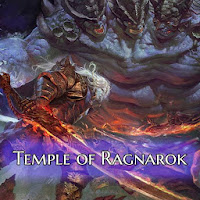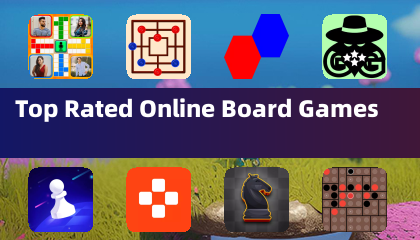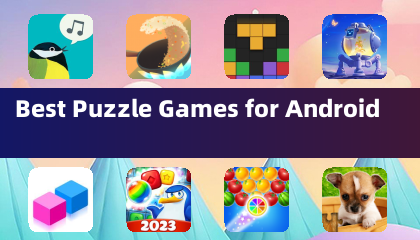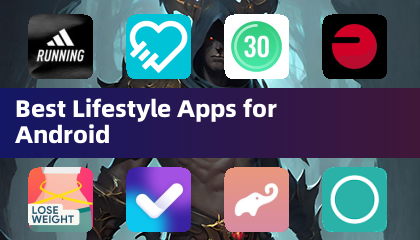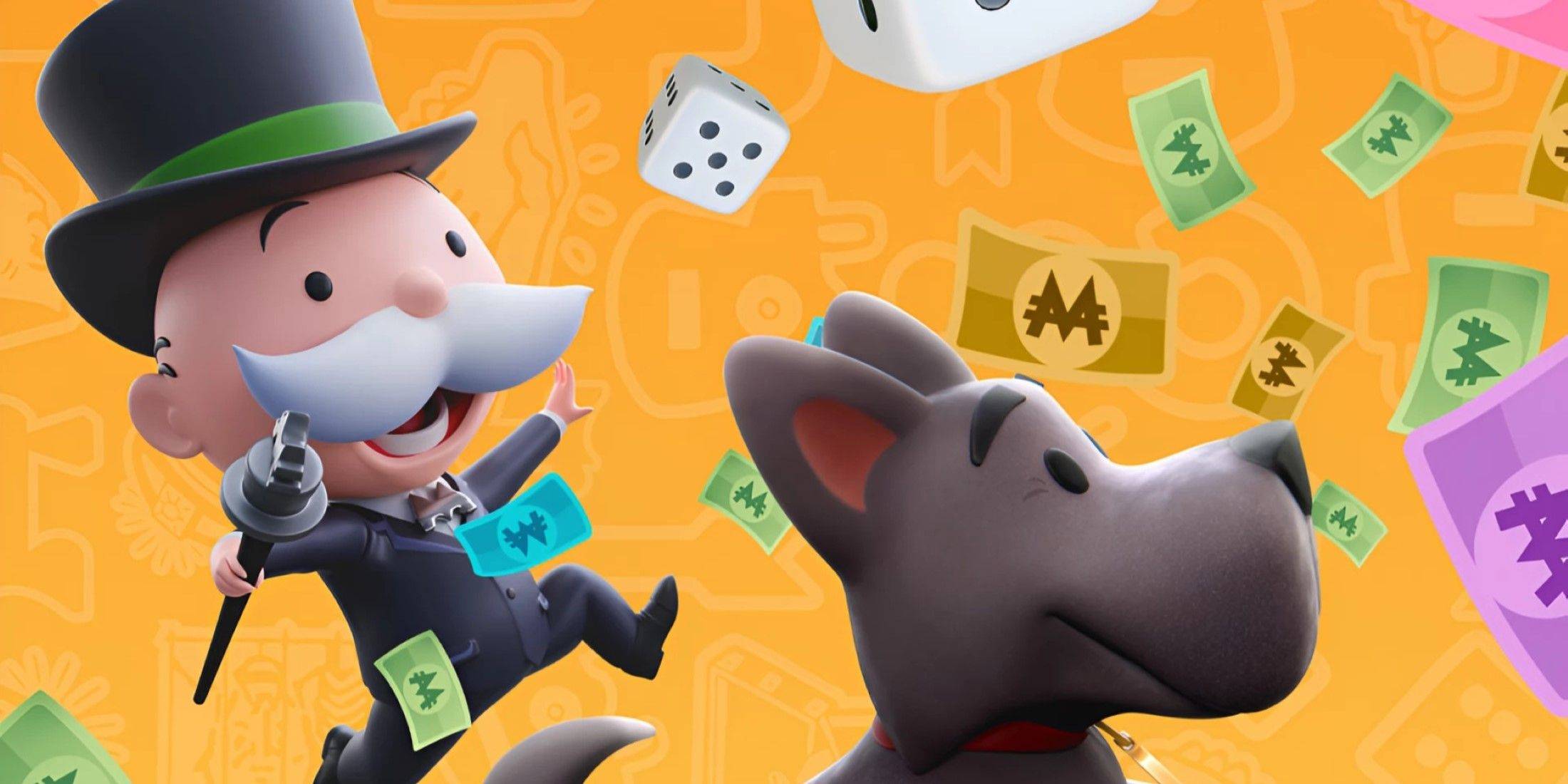
Monopoly GO's Microtransactions: A $25,000 Cautionary Tale
A recent incident highlights the potential financial pitfalls of in-app purchases, with a 17-year-old reportedly spending a staggering $25,000 on the mobile game Monopoly GO. This case underscores the ongoing controversy surrounding microtransactions in free-to-play games.
While Monopoly GO is free to download, its in-game economy heavily relies on microtransactions to unlock rewards and accelerate progress. This "freemium" model, while lucrative for developers, can lead to significant, and often unintentional, spending. This isn't an isolated incident; other players have reported spending thousands of dollars on the game. One user confessed to spending $1,000 before deleting the app.
A Reddit post (since removed) detailed a step-daughter's $25,000 expenditure on 368 in-app purchases. The post's author sought advice on obtaining a refund, but many commenters pointed out that the game's terms of service likely hold users responsible for all transactions, regardless of intent. This reflects a common practice in the freemium gaming industry, where microtransactions are a key revenue driver, as seen in the example of Pokemon TCG Pocket, which generated $208 million in its first month.
The Microtransaction Debate Continues
The Monopoly GO incident adds to the growing criticism of in-game microtransactions. Similar controversies have plagued other titles, including NBA 2K, which faced class-action lawsuits over its microtransaction model. While this particular case may not reach the courts, it reinforces concerns about the potentially manipulative nature of these systems.
The profitability of microtransactions is undeniable; Diablo 4 players spent over $150 million on them. The strategy of encouraging small, frequent purchases is far more effective than requesting a single large payment. However, this very tactic is often criticized for its potential to lead to excessive spending.
The Reddit user's experience serves as a stark reminder of the ease with which significant sums can be spent in games like Monopoly GO. It also highlights the difficulty in securing refunds for accidental purchases, further emphasizing the risks associated with these in-app spending models.










